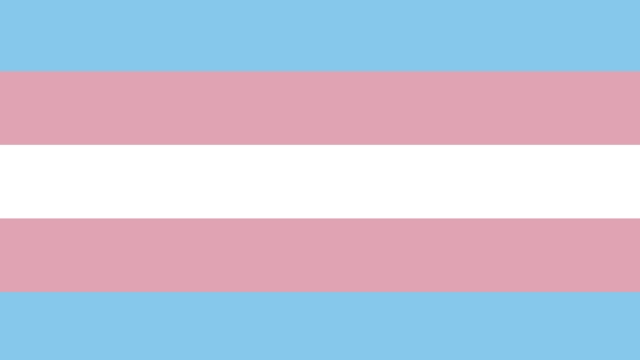Honoring the Resilience of the Transgender Community

As a transgender man working in social justice in the nation’s capital, Rodrigo Heng-Lehtinen knows visibility is more important now than ever.
“There’s a stereotype that trans people always knew they were trans since they were kids. That’s true for some of our community, but not everyone. Personally, I always knew that something didn’t fit, that something was off, but I didn’t know what, and the lack of visibility is a big part of that,” Heng-Lehtinen told HRC. “It took me meeting other trans masculine people to realize that’s who I was. Once I learned about transmasculinity, I immediately understood why I had been struggling for so long. That’s the power of visibility. We all need to see ourselves in the world around us.”
Heng-Lehtinen, the deputy executive director at the National Center for Transgender Equality, said the increased visibility of transgender people in the media “blows his mind.”
“When I was growing up, not only were there very few trans people on TV, but those few trans people were portrayed disrespectfully…I never dreamed we would see so many positive, complex portrayals of our community,” he said. “This progress is a testament to the power of activism. I’d like to see this continue. The best stories are inspired by the diversity of real life. There are still a ton of powerful trans stories out there waiting to be brought to life for audiences around the world.”
Allies could help raise those powerful stories by ensuring that all social justice issues are intersectional with transgender issues and that transgender people have a seat at the table.
With the epidemic of violence against transgender people, this allyship remains immensly important. More than 150 transgender people have been killed in the U.S. in recent years — most were Black transgender women and most were victims of gun violence.
We must not only say their names, but honor their memories with action. That’s why HRC recently launched a major expansion in the fight for transgender equality and justice, which will address the urgent needs of the transgender community, with specific attention to community members deeply impacted by racism, sexism and transphobia. This major effort will include a focus on economic empowerment; capacity-building programs; targeted task forces in communities hardest hit hard by the epidemic of anti-trans violence; and expanded public education campaigns.
“Fight for change … Vote for trans-affirming candidates that will improve policy so that trans people, especially Black trans women, are protected,” Heng-Lehtinen said. “Support the decriminalization of sex work so people aren’t put in such dangerous situations. And donate to trans organizations, including local ones, fighting on the front lines to make everyone safe.”
To learn more about HRC’s work around transgender issues, including our newly-launced expansion for transgender equality and justice, visit hrc.org/transgender.
You Might Like
